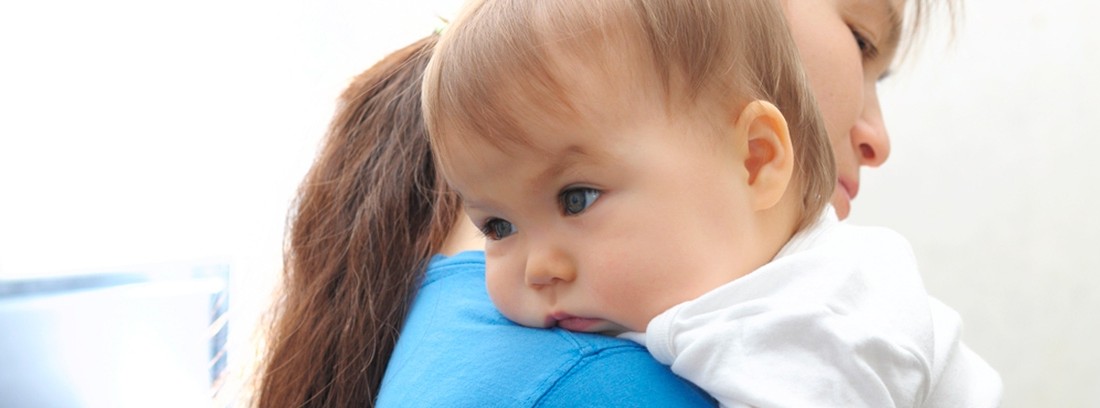Emotional development from 12 to 18 months

Discipline and limits
Each time the child is able to do more things. This is helped by the fact that he can now move on his own and can explore his surroundings without help from anyone. All of this fosters their sense of independence and they will obviously explore behavioral boundaries with their parents. This is the appropriate time to set limits.
The first rules that should be set for the child are to protect their safety and must be stated clearly and consistently. All the family members of the house must go in the same line.
There are different strategies to set limits at this age:
- Anticipate your steps, distracting the baby from paying attention to dangerous activities or objects.
- Save the "no!" to prevent clearly important risks, not for everything. If it is used indiscriminately it will start to ignore the prohibition. In children, the use of negatives should be limited, explanations should be given or things asked in a different way, being positive (it is better to say "now it's time to eat" than to say "don't play during the meal!")
- Use non-verbal communication. The child must understand with a firm look if what he is doing is right or wrong.
- Corporal punishment should not be used. Hitting a child does not make them behave better. Violence generates more violence.
The feelings
The child's ability to express feelings is increasing. It is the time where they begin to give kisses and hugs when you ask them. Enjoy laughter and jokes.
The child is aware of his achievements and shares them with his parents. He loves to be told how well he has done something. You may begin to not tolerate frustration when things don't go your way.
He misses his parents when they are not there and cries if they leave him alone in the room.
The autonomy
The child presents new skills that allow him to do more for himself. He likes to be autonomous and parents should encourage this child's independence by encouraging him to eat alone, drink from a glass, walk and explore.
At this moment, although their parents continue to be their reference, they make inroads into the environment that surrounds them to return to their parents. Each time the incursions are made further (something that parents must watch to avoid dangers)
(Updated at Apr 14 / 2024)